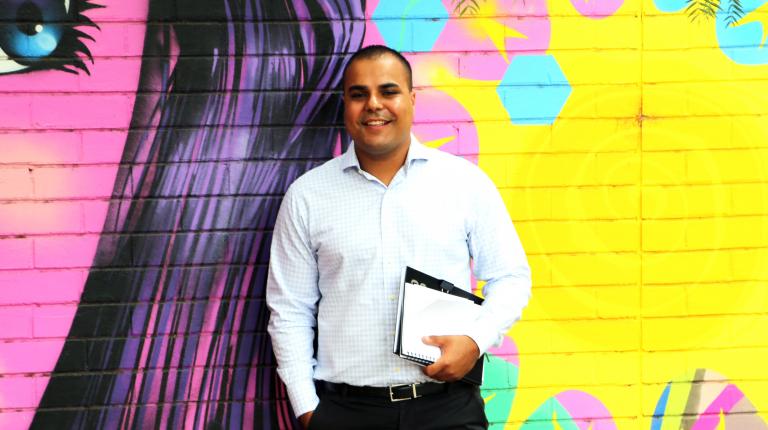Start dates for courses
VU’s academic year is divided into two main semesters. Some undergraduate courses also offer summer and winter options that run during the semester breaks.
- Undergraduate courses (including 6-month undergraduate certificates, diplomas and advanced diplomas) run, in the VU Block Mode, from late February to mid-November. As well as the February intake, some let you begin your study at the start of a Block, mid-semester or mid-year, or even during summer break.
- Postgraduate students completing a doctoral degree or other research-based award may be able to negotiate an alternative start date with their project supervisor. Postgraduate degrees by coursework are offered in the Block Model; some offer multiple intakes during the year in addition to the February start date.
- TAFE courses and English-language programs run from January to December, with varying intakes and start dates depending on the course.
Course duration
The length of your course varies depending on the level of course you study and whether you study full time or part time. Part time study generally doubles course duration.
It's up to you to develop a timetable that balances your requirements. We are always available to help you tailor your study journey.
You may also be eligible for recognition of prior learning/advanced standing for previous study or skills recognition, which can shorten the duration of your course.
Study mode & delivery mode
Study mode refers to whether you study full time or part time.
Delivery mode is the way your course is delivered, and includes:
- In person: Your unit or classes will be delivered on the campus you have enrolled in. The timetable will display “On Campus” and provide the room where the classes will be held and you will physically attend those classes. All learning activity delivered on campus runs under strict health and safety practices.
- Online real-time: Your unit or classes will be delivered online using Zoom. The timetable will display “Online Real Time (ZOOM)” and you will attend scheduled classes remotely through Zoom classrooms.
- Online self-paced: You will participate in learning activities online over that period, but not at a set time. You will be able to conduct these activities at a time that suits you, providing those activities are completed by the required time. Your timetable will display “Online Self-Paced”.
- Hybrid: Part of your unit will be delivered in person on the campus you have enrolled in, with the remainder delivered in an online mode. The timetable will state which classes or activities in the unit will be delivered on campus and which classes or activities will be online, in either real-time or self-paced mode.
Your unit will show whether it is delivered wholly online real-time, online self-paced or in person. If your unit is delivered in hybrid mode, each class within the unit will show whether it is delivered in person or online. Please be sure to check all the individual classes in your unit.
If there are any changes to the way your course is delivered we'll let you know via email and your class timetable, so please check your student email regularly.
Timetable
Under the VU Block Model, you'll learn in classes and workshops (and sometimes labs), set out in a fixed weekly timetable.
We have a number of timetable tools available at different times of the year to assist you.
- Higher Education students: access MyTimetable (via VU Calendar from MyVU) to create your official timetable once it's open.
- Check to see when MyTimetable is open.
MyTimetable via MyVU
VET/TAFE students: receive timetables from your course coordinator after enrolment.
VU Block Model classes
With the VU Block Model, you'll do most of your learning in small classes of just 20 to 30 students.
You'll complete an entire unit over four weeks of classes, including assessments, before beginning your next unit. These four-week units are called 'blocks'.
Most of these unit 'blocks' comprise three classes per week, each lasting three hours. Classes can be in the morning, afternoon, or evening. Depending on your course, you may also have lab work or professional experience (pracs).
In addition, you'll complete activities through our Learning Hubs, and receive online and out-of-class support.
Labs
During labs you put your knowledge into practice with hands-on work. Not all courses have a practical component.
Work-integrated learning/industry placements
Most courses also include a placement component. In your placement you’ll gain practical work experience in a trade, industry or profession while you study.
TAFE courses also have work-based elements and practical workshops where you work on individual or group projects, using tools you would encounter on the job.



